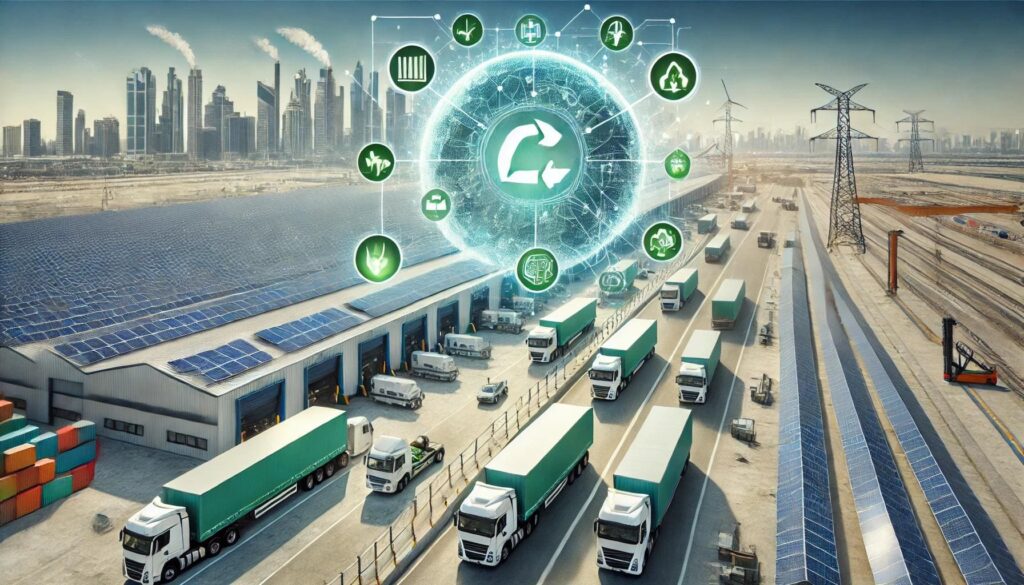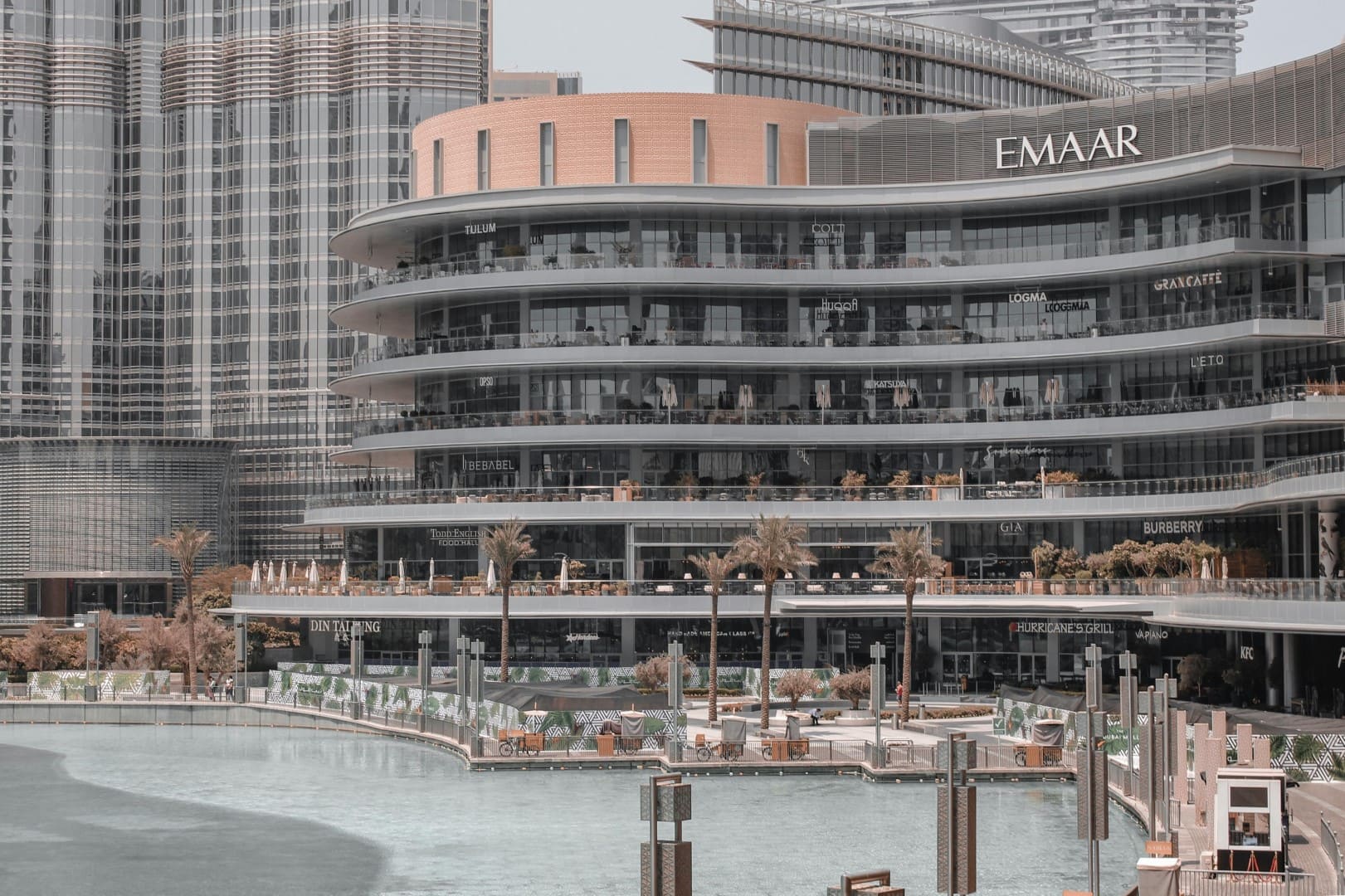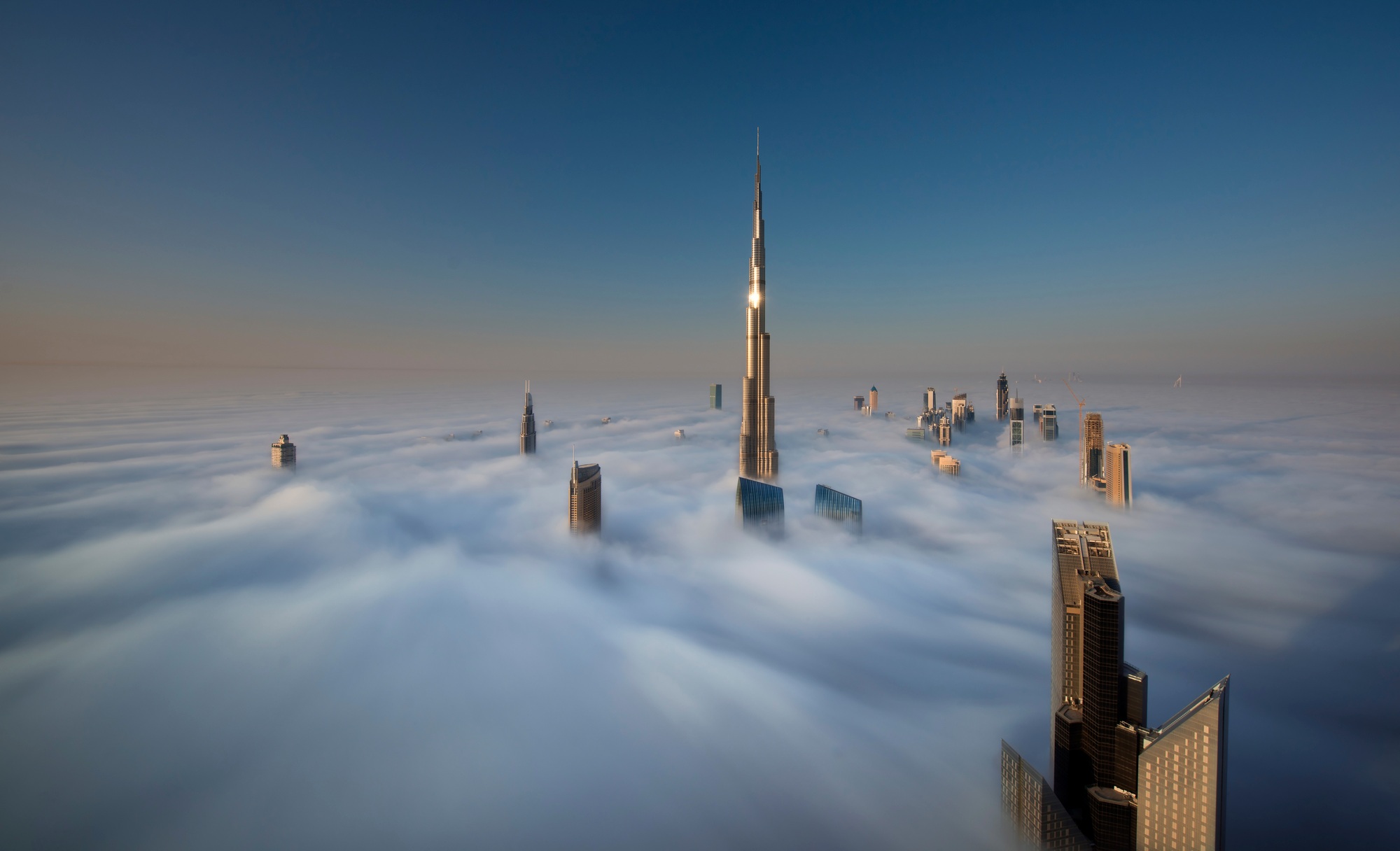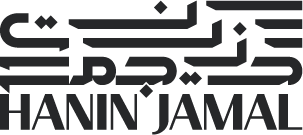Amid global economic transformations and rapid technological advancements, the Middle East is witnessing significant changes in trade patterns and industries. Dubai, with its strategic geographical location and advanced infrastructure, stands as a central player in these transformations, solidifying its role as a global economic hub. This article explores the future trends in Middle Eastern trade and how they could influence Dubai, bolstering its position on the global stage.
1. Increasing Reliance on Technology in Trade
Technology has become the cornerstone of business operations, whether through e-commerce or leveraging artificial intelligence and data analytics. Investments in technologies like blockchain and IoT are on the rise in the Middle East, enhancing efficiency and transparency in trade.
- Dubai’s Role in This Field:
Dubai is embracing advanced technologies through initiatives like the “Dubai Smart City” strategy, aimed at transforming Dubai into a fully digital city. Additionally, Dubai's e-commerce market is witnessing remarkable growth, driven by digital payment solutions and sophisticated logistics.

2. Sustainability in Trade and Supply Chains
Environmental awareness is pushing companies in the Middle East to adopt sustainable business practices. Sustainable supply chains and adherence to environmental standards are expected to become key competitive factors in the coming years.
- Dubai’s Sustainability Efforts:
Dubai is implementing ambitious initiatives to achieve a sustainable economy, such as the Dubai Clean Energy Strategy 2050, which promotes the use of renewable energy in industrial and commercial sectors. Free zones like JAFZA are also adopting eco-friendly solutions in logistics operations.
Get your Personal Bank Account Today!
Manage your money easily and securely! Open your personal bank account today and enjoy smooth transactions, easy deposits and withdrawals, and seamless transfers. Don’t miss out—open your account now!
3. Strengthening Regional Trade
Middle Eastern nations are focusing on enhancing economic and trade cooperation among themselves, significantly reshaping regional commerce. Mega-projects like Saudi Arabia’s “NEOM” and Gulf Cooperation initiatives are strengthening these connections.
- Dubai as a Regional Hub:
With its advanced infrastructure and global ports network, such as Jebel Ali Port, Dubai plays a pivotal role in supporting regional trade. It serves as a primary gateway to Gulf and Asian markets. For more information on Dubai’s trade efforts, visit the official website of Dubai Chamber of Commerce: Dubai Chamber.

4. Changing Consumer Patterns
The region is experiencing a noticeable shift in consumer behavior, with a growing preference for online shopping and an increasing demand for luxury products and high-quality services.
- Impact on Dubai:
As a global shopping hub, Dubai capitalizes on this shift by developing mega shopping centers like Dubai Mall and hosting major events such as the Dubai Shopping Festival. The government is also enhancing its digital infrastructure to meet the rising demand for online shopping.
5. Focus on Economic Diversification
Middle Eastern nations are increasingly diversifying their economies away from oil dependency, fostering the growth of new sectors like technology, tourism, and financial services.
- Dubai’s Diversification Strategy:
Dubai has been proactive in implementing economic diversification strategies, becoming a leader in financial services, technology, and tourism. Initiatives like “Expo 2020” and “Dubai Design District” reflect the emirate's efforts to attract investments and diversify revenue sources.
6. Shift Towards Emerging Markets
With the rise of emerging economies in Africa and Asia, trade between the Middle East and these regions is expected to grow significantly. The Middle East is poised to play a central role in facilitating this commerce due to its geographic location.
- Dubai as a Gateway to Emerging Markets:
Dubai serves as a strategic link between the Middle East, Africa, and Asia, offering advanced infrastructure for trade and transportation. Projects like the “New Silk Road” further reinforce Dubai’s position as a central hub for these markets.

7. Impact of Geopolitical Developments
Geopolitical changes, including new economic alliances, directly influence trade dynamics in the Middle East. Countries are striving to enhance their economic stability by signing trade agreements and building long-term partnerships.
- Dubai’s Role as a Diplomatic and Trade Hub:
With its business-friendly environment and political stability, Dubai hosts numerous global companies and events that foster economic collaboration, further solidifying its role as a platform for international trade.
Conclusion
In light of these trends, Dubai remains a central player in the future of Middle Eastern trade. Its ability to adapt to changes and leverage opportunities makes it a strategic partner for businesses and investors worldwide.
As technology advances and sustainability and economic diversification gain prominence, Dubai’s future on the global stage looks promising. The emirate’s innovative approach and collaborative efforts will continue to ensure its leadership in regional and international trade.
With Mach X, we offer you comprehensive consulting services to establish and grow your business, with innovative solutions to support your business growth and success in a dynamic business environment.


